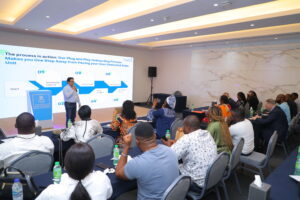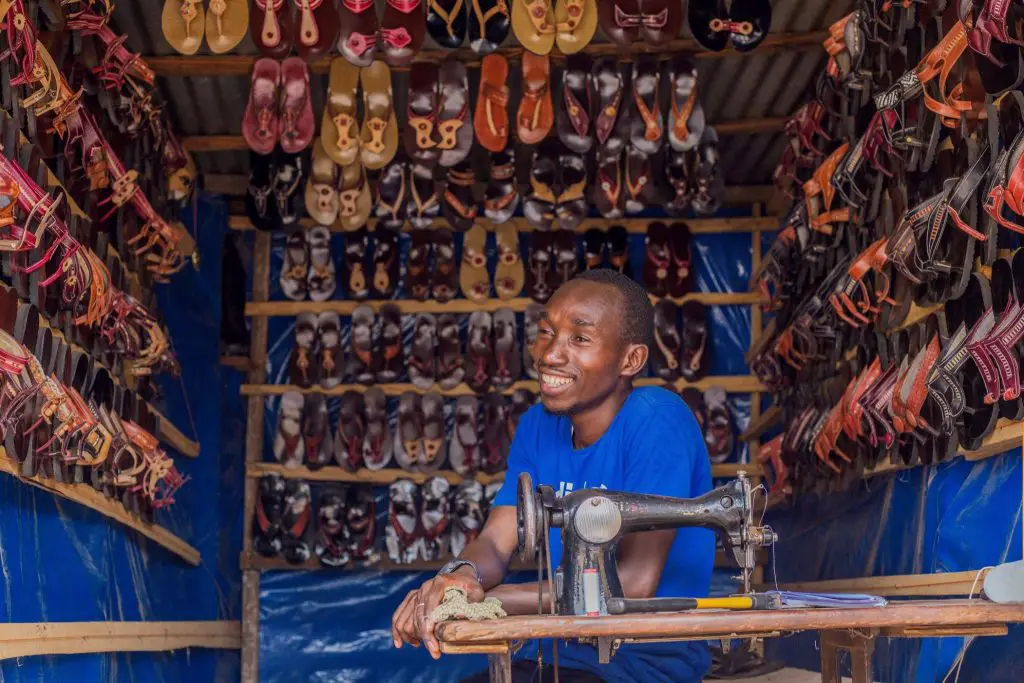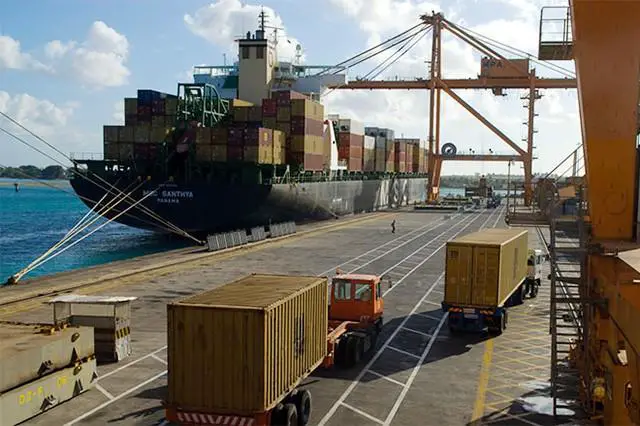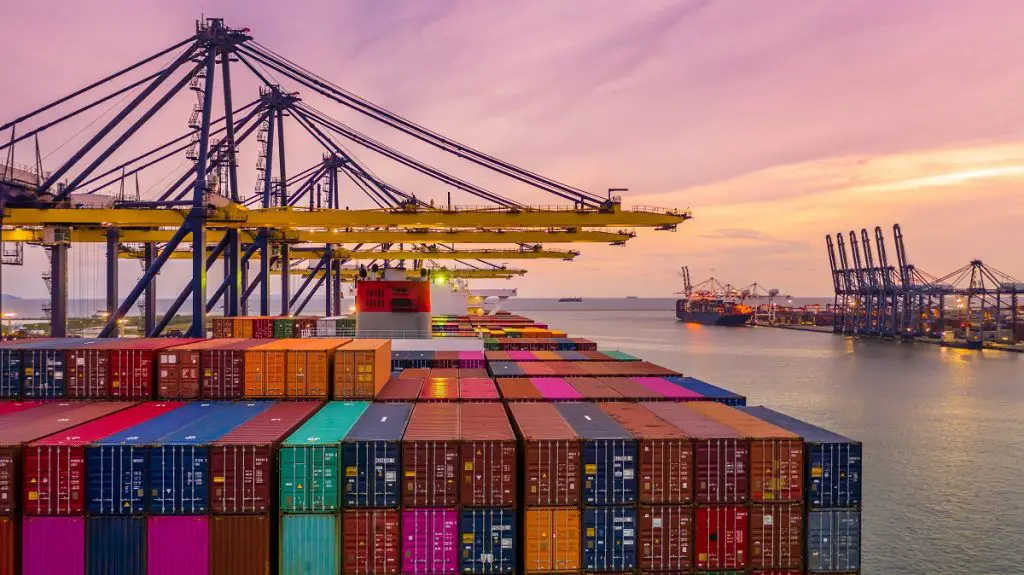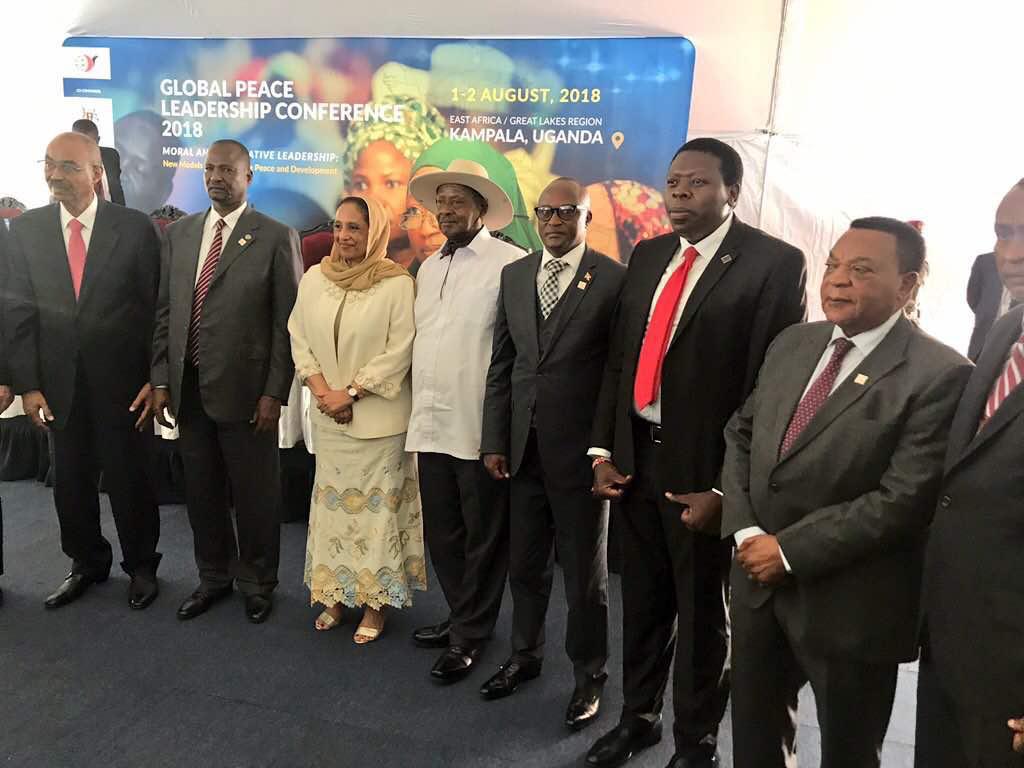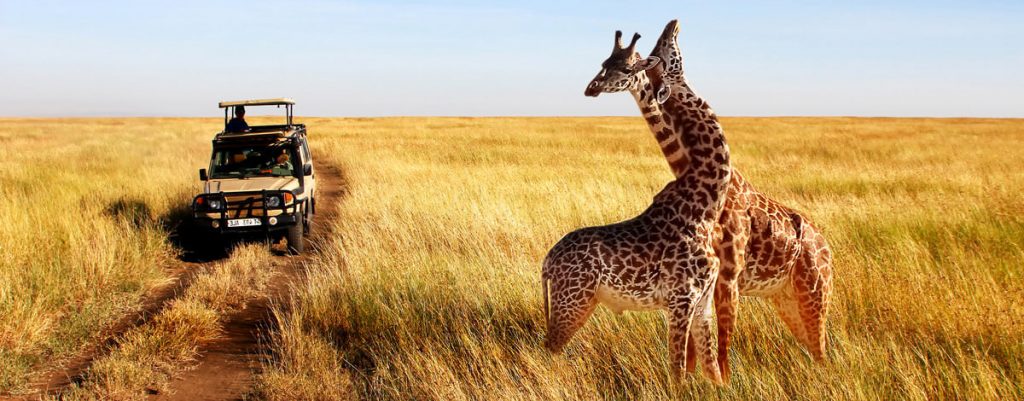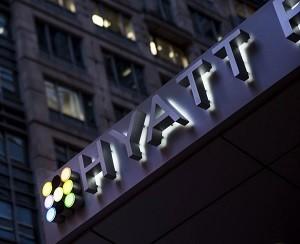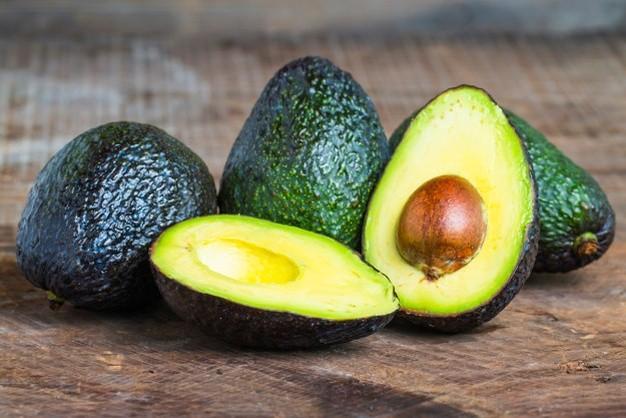- Partners back AIM Congress 2024 vision for global economic stewardship
- AIM Congress 2024: pre-event forums set the stage for strategic insights on global showcase
- Kenya, Tanzania braces for torrential floods as Cyclone Hidaya approaches
- EAC monetary affairs committee to discuss single currency progress in Juba talks
- Transport and food prices drive down Kenya’s inflation to 5% in April
- Payment for ransomware attacks increase by 500 per cent in one year
- History beckons as push for Kenya’s President Ruto to address US Congress gathers pace
- IMF’s Sub-Saharan Africa economic forecast shows 1.2 percent GDP growth
Browsing: EAC
It is legal to say the world as we know it has been kidnapped by the novel coronavirus, which has left thousands dead and millions who have contracted it. The United Nations Industrial Development Organization (UNIDO) confessed that “the economic crisis unleashed by the outbreak of COVID-19 is hurting economies, regardless of income level”.
According to its latest numbers, UNIDO indicated that both lower and upper–middle-income countries have been significantly impacted by COVID-19, with an average loss in industrial production across countries, standing at 18 per cent (high-income), 24 per cent (upper middle-income) and 22 per cent (lower middle-income).
The pandemic has hurt a lot of economies but more importantly has taken a toll in some developing countries, such as Kenya and Tanzania who rely on travel and tourism dealing a huge slap on foreign receipts.
The World Bank …
Africa is great and has the potential to be greater—economically. The youngest continent in the world stands to garner billions in the trade as its youngest generation present a potential to transform, the continent’s economic pillars, from agriculture to investment.
The region has more than 1.3 people and nearly 60 per cent of its population is under 25 years, according to United Nations Data for World Population Prospects 2017. This means that Africa can fetch healthy intra-regional and international trade growth if it utilizes its existing potentials.
As the African Continental Free Trade Area (AfCFTA) is around the corner to be domesticated (postponed due to virus outbreak), the trade pact could ignite Africa’s industrialization and boost income generation.
The trade pact connects more than 1.3 billion Africans in 55 countries with a combined gross domestic product of nearly $ 3.4 trillion while lifting more than 30 million people from extreme …
Kenya is the major exporter and importer of the East African Community (EAC) accounting for an estimated 46 per cent of exports and 41 per cent of imports in the region…
When there is conflict, it is the general society and businesses that suffer the most, in fact business should be at the forefront of advocacy for peace.
With almost every element of business going digital, the question of digital platforms been used for radical sentiments is not a political agenda but a socio-economic one.
There is need to take concerted action to promote and facilitate peace especially now, in an age where social media is been used to spread radical content online. Social media and other digital platforms are also very powerful tools to prevent conflict and extremism and promote greater understanding and tolerance.
“We have to take steps to ensure we instill seeds of peace and tolerance for one another, and social media is a great platform to reach youth to promote peace” Martha Nghambi the, Country Director for Global Peace Foundation Tanzania asserted.
Speaking to media over the …
Tanzania became the first East African nation to reopen its schools, businesses and ports of entry, charting a new path in the management of the Corona Virus.
As of May 18, Tanzania reopened its airspace for international arrivals and the World is responding.
Only three days after it announced its reopening its airspace, local media reported that a chartered airplane landed at the Kilimanjaro International Airport on May 21. The plane had on board four Greek nationals.
Previously, the tourists would have had to go into a 14-day mandatory quarantine but not anymore. Now anyone entering the country only needs to go through a simple temperature check upon arrival. Other measures include having all arriving flights present an Advance Passenger Information System (APIS) so as to allow the Tanzania’s Immigration Department and Airport Authorities to identify high-risk passengers.
All non-APIS compliant flights will now be required to notify their passengers …
After slow production during the Covid-19 lock down, Zimbabwe’s gold sector has had a drastic come back reporting gold revenue is up almost 50 percent at least one of its major mines.
The total revenue recorded for the second quarter of 2020 clocked and impressive to USD23. 6 million, that is almost double (48 percent) the revenue brought in during the same period last year.
Having topped last year’s production by USD15. 9 million, Blanket Gold Mine that is based in the Gwanda region, increased production all through the first quarter this despite glitches caused by the Covid-19 pandemic.
The mine is owned by the Caledonia Mining Corporation and was proud to announce it had produced 14,233 ounces of gold in the second quarter up from the 11,948 produced during the same period last year.
The production level is very impressive given the fact that other miners could not access …
Before the economic shock of COVID-19, world merchandise trade in 2019 was already slowing down due to trade tensions and decelerating economic growth.
According to the World Trade Organization (WTO), “the dollar value of world merchandise exports in 2019 fell by 3% to US$18.89 trillion”. Overall, world trade is expected to continue falling and will range between 13% and 32% in 2020, as the health crisis continues to disrupt world economies.
In addition to the economic disruption, so far, Coronavirus has left more than 200,000 people dead across the world, more than the fatalities recorded in the World War 11, as observed by the UN Secretary–General, Antonio Gueterres. The effects of the ‘Great Lockdown’ as perceived by the International Monetary Fund (IMF), is far beyond the effects of the 1930s Great Depression. With exception of businesses dealing in pharmaceuticals, life-saving amenities …
As hotels in East Africa are closing their doors as the effects of the global pandemic continue to bite, Tanzania is making moves to ward off the negative effects of Covid-19 by resuming business as usual, including in its tourism and hospitality sector.
In fact only this past week, Tanzania has announced that it will host its first Mafia Island Tourism Exhibition Week. The ambitious and bold move is in line with other measures that the country is taking to revive its tourism sector.
The country has already set aside millions of dollars to improve tourists experience at one of its major attractions, Mt Kilimanjaro. Tanzania has set aside money to cut out a new route to climb the mountain. This new route is exclusive for VIP tourists and other VIP personnel and is expect to boost tourism in the region.
Also Read: Tanzania’s Tourism Board unveils luxury route to
…Tanzania relays heavily on the tourism sector for its foreign exchange earnings and to save this vital sector, the country has announced plans to have all hotels and other tourist facilities across the country bear Covid-19 certificates that basically declare the facility a Covid-19 free area.
According to the Bank of Tanzania (BoT) the tourism sector is Tanzania’s top foreign exchange earner clocking USD 2.44 billion last year. It only makes sense that the country would do all in its power to save the sector in the wake of the pandemic.
The move, to have tourism facilities display Covid-19 free zone poster is expected to build the trust of tourists and allow them to regain confidence in the hotels or related facility.
The said ‘posters’ will be the kind that health officers place in the windows of restaurants abroad with the grade of the said hotel in full display. The …
The Tanzania Horticultural Association (Taha), is reporting an increase in revenue from the export of avocados which until now were not considered key export cash crop.
However growing demand in the US and Europe has seen the sub-sector increase revenue to USD 23 million annually.
Tanzania is the second largest producer of avocado fruit in Africa second only to Kenya. Over the past 5 years, avocado exports have frog leaped from 1,877 tonnes in 2014 to 9,000 tonnes in 2019 and were it not for the COVID-19 outbreak, this figure was expected to go only higher.
Kenya is already doing much better with its estimated annual output is about 190,000 tonnes every year as the country exports an average of 10,000 metric tonnes annually.
In Tanzania, there are about 10000 farmers of the crop who are spread out across the country and of these, now most have turned to the …

